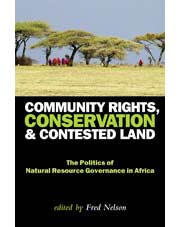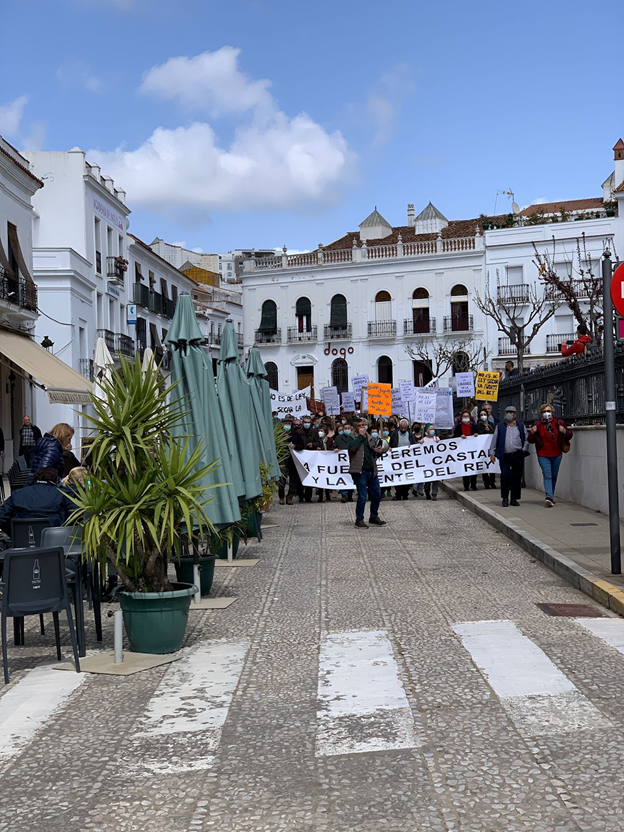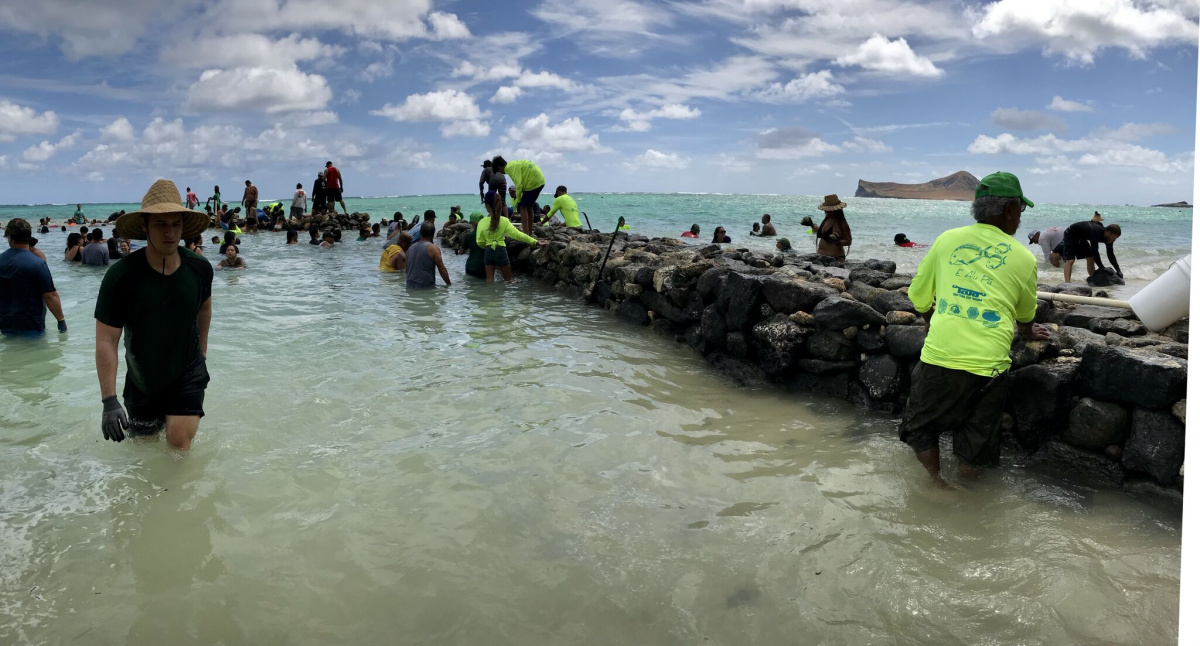Community Rights, Conservation and Contested Land The Politics of Natural Resource Governance in Africa
CEESP member (TILCEPA/TGER), Fred Nelson, of Maliasili Initiatives based in Arusha, Tanzania, organized and edited this recent volume on the politics of natural resource governance in eastern and southern Africa.

Photo: Author: Fred Nelson
The volume, with contributions from across the region from leading scholars and practitioners, was produced through the IUCN Southern Africa Sustainable Use Specialist Group (SSC) and with additional funding from the US-based Bradley Fund for the Environment. It focuses on understanding the political processes that determine natural resource governance regimes, with a focus on the factors that enable and constrain reforms that place greater authority over lands and natural resources in the hands of local communities.”
Natural resource governance is central to the outcomes of biodiversity conservation efforts and to patterns of economic development, particularly in resource-dependent rural communities. The institutional arrangements that define natural resource governance are outcomes of political processes, whereby numerous groups with often-divergent interests negotiate for access to and control over resources. These political processes determine the outcomes of resource governance reform efforts, such as widespread attempts to decentralize or devolve greater tenure over land and resources to local communities.
This volume examines the political dynamics of natural resource governance processes through a range of comparative case studies across east and southern Africa. These cases include both local and national settings, and examine issues such as land rights, tourism development, wildlife conservation, participatory forest management, and the impacts of climate change, and are drawn from both academics and field practitioners working across the region.



